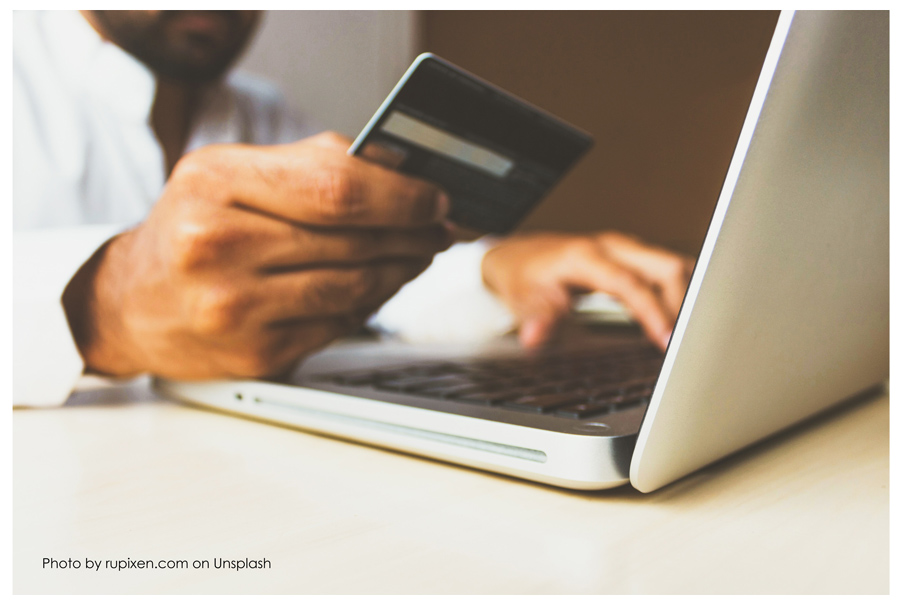A relaxing day at the beach may be one person's definition of having fun. Unfortunately, this person may also be a hacker who's breached your website security while lounging at the beach – injecting scripts that redirect traffic to destinations where they usually get scammed or infected with malware. And more importantly, you don't even know it's going on until someone tells you.
No website security?
Not having website security is worse than being caught with your pants down. That's because you know when your pants are down, and the very moment you hear someone entering the room, you cover your goodies and smile as if nothing ever happened. But when your website has its pants down, you'll be clueless until someone sends you an email, text, or actually picks up the phone to call you and tells you about it. For a business owner, this can be a rather embarrassing experience.
"The most recent Microsoft breach occurred on March 20, 2022, when the hacker group Lapsus$ announced on Telegram that they had breached the company. Several Microsoft projects, including Bing and Cortana, were compromised in the incident."
– Fire Wall Times, Microsoft Data Breaches: Full Timeline Through 2022, March 23, 2022
In a nutshell, Hackers illegally access devices or websites to steal peoples' personal information, which they use to commit the crimes like identity theft. Many people shop, bank, and pay bills online. People also store financial information, like credit cards or bank account numbers, on their devices. This isn't probably one of your business' offerings, but it's happening more and more each day.
Common types of cybersecurity attacks
If you used WIX, Squarespace, Weebly, or Webflow to build your website you are probably a fish out of water trying to identify the common types of cybersecurity attacks (SQL injections, DNS hijacking, Malware, Cross-site scripting).
Cybersecurity involves safeguarding your business' website against cyberattacks. One of the easiest ways to thwart attackers is using website security that offers continuous website monitoring to detect malware and any indicators of compromise.
Cyberattacks can be costly to fix
The cost of putting your website back in order after a cyberattack can run you hundreds, if not thousands of dollars. By acting quickly, you can often prevent further damage to your website and hopefully thwart additional attempts. A hacked website costs your business a pretty penny because you will have to pay the website developer for the time they spend identifying the type of attack, whether the remaining files that make up your website can still be used, and removing files the hackers leave behind to do their dirty work.
If you are lucky and your pages are still in cache, or available in the Wayback Machine (digital archive of the World Wide Web founded by the Internet Archive), you will be able to recover your full content or at least take the text from the page.
Protect your visitors by keeping hackers at bay
Malware scans regularly check your website daily to look for any malicious code. Intuitive options allow you to set notification preferences for yourself. When malware, blocklisting, or security issues are detected on your website, you will be alerted immediately. Set up notifications, and you can avoid getting caught with your pants down.
Help ensure continuity and protect your business against adverse cyber events by using our comprehensive suite of security and resilience solutions. Exceptional threat management through a modern, cloud-native stack.
Oevae.com offers website security options that include:
- Denial-of-service (DDoS) protection
- Content Delivery Network (CDN) speed boost
- Denial-of-service attack
- A Firewall to prevent hackers
- SSL certificate (Secure Sockets Layer) aka URL starting with "https://"
- Malware scanning.
- Unlimited site cleanups


